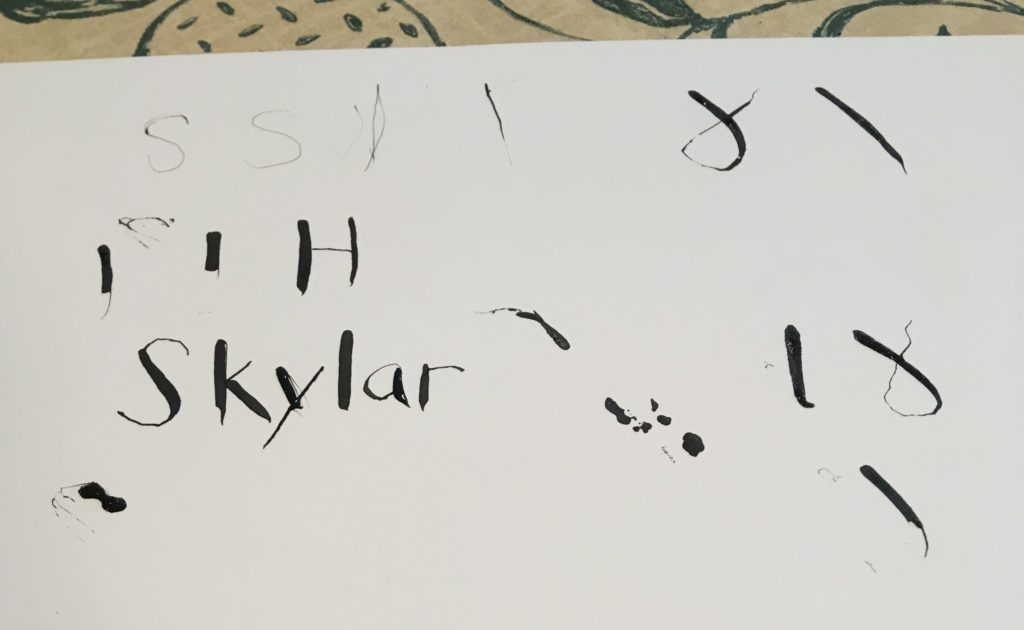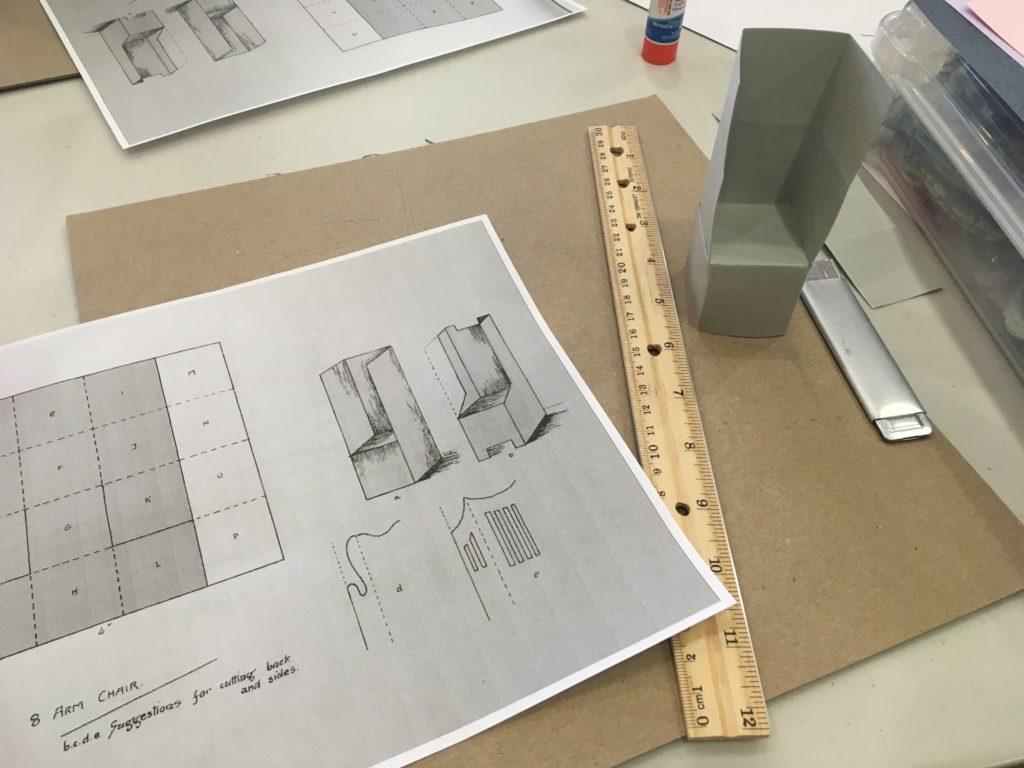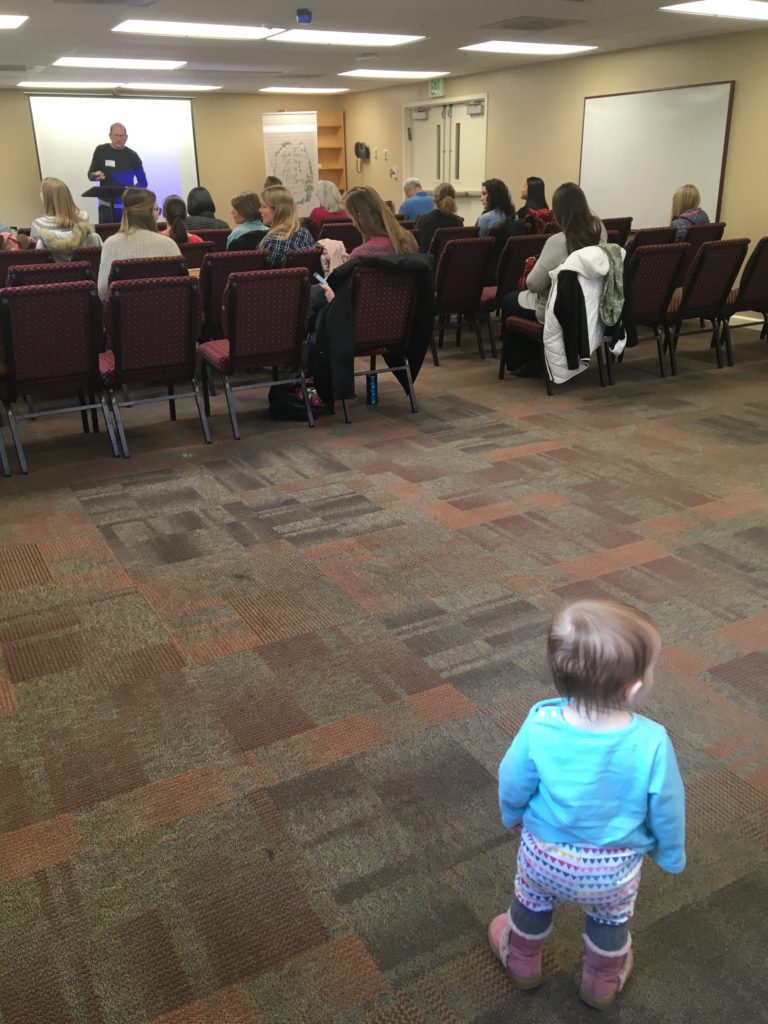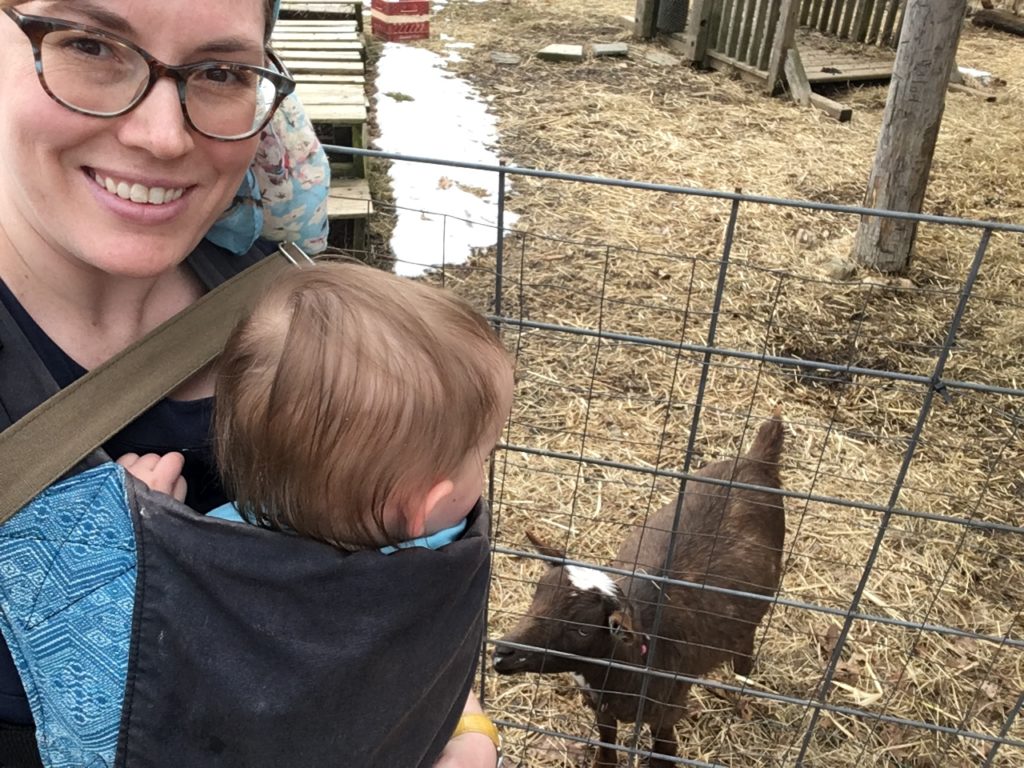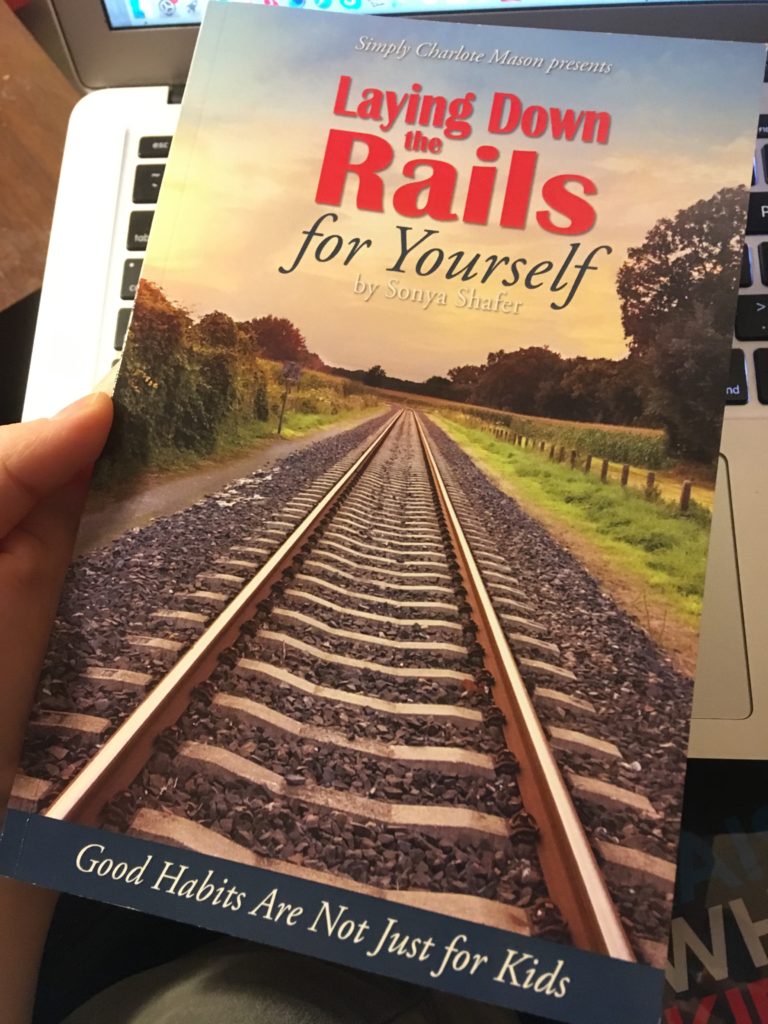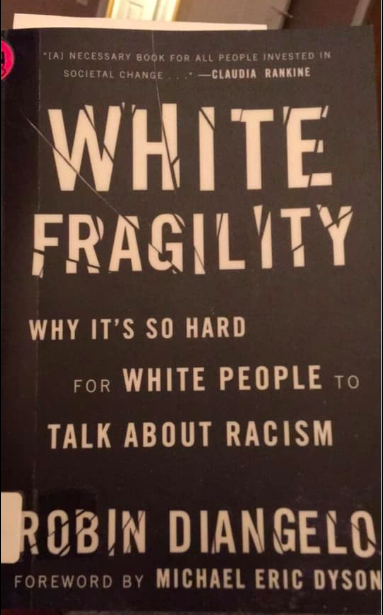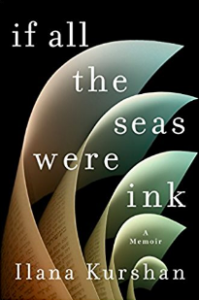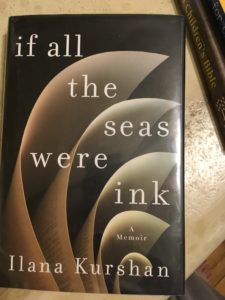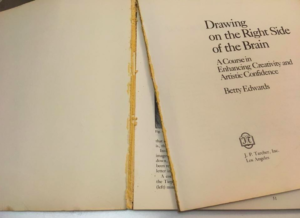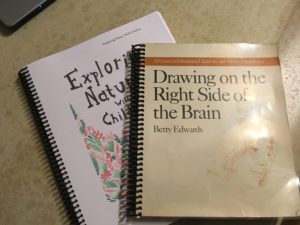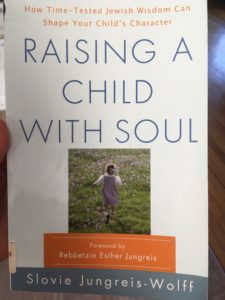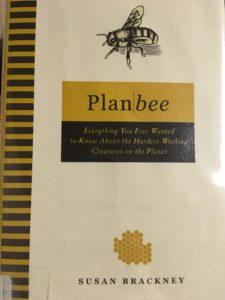Do you, a non-math person, want to learn to appreciate math and even find it beautiful?
This is your book: The Grapes of Math: How Life Reflects Numbers and Numbers Reflect Life by Alex Bellos.
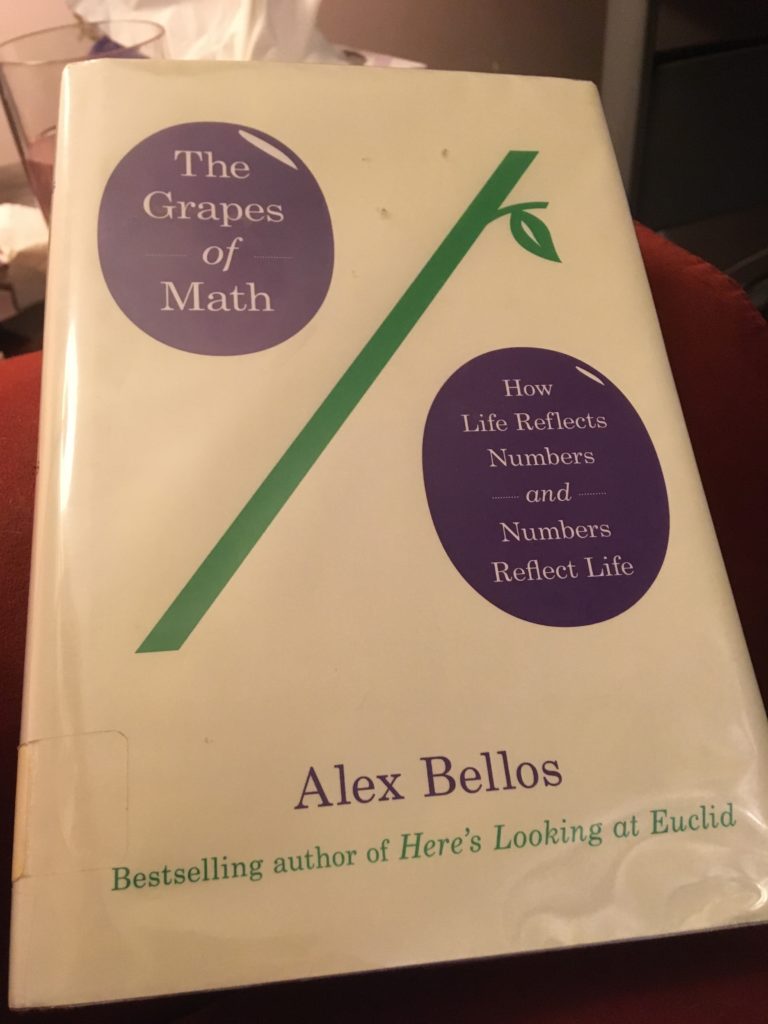
One of my goals this year is to develop an appreciation for math and understand more of the math around us as I begin “teaching” math to my almost-preschooler. How can I point out these math ideas around us when so much early math isn’t what I think of as “math”?? I had no idea math includes concepts like “bigger/smaller” or matching. So I wanted to find a book that would help me see math in everyday life.
This book may not be exactly what I was looking for, but it’s full of so many “WOW” moments that it’s definitely giving me an excitement about math.
He says his other book, Here’s Looking at Euclid, is more abstract math. This is the practical, everyday stuff.
No lie, the concepts can still be hard sometimes for me to understand. And I have to read it only at times when I can give it 110% attention because of that. But it’s always worth it, and I generally don’t need to understand it exactly to get the point, so to speak.
I’m only about halfway through, but this is truly a Charlotte Mason-worthy “living book,” a literary-quality book written by a passionate expert who is talented at conveying the beauty and fascinating qualities of his subject.
Is this specific to early years math? No. But it’s making me think math and mathematical ideas might just be beautiful.
It’s funny to boot, but in the way his other book’s title is funny: Here’s Looking at Euclid. If you think that’s funny, you’ll probably like this book.
Further Reading:
I also read Everyday Calculus by Oscar Fernandez, but it was too high-level for me. However, I would highly recommend it for someone in the process of learning calculus.
